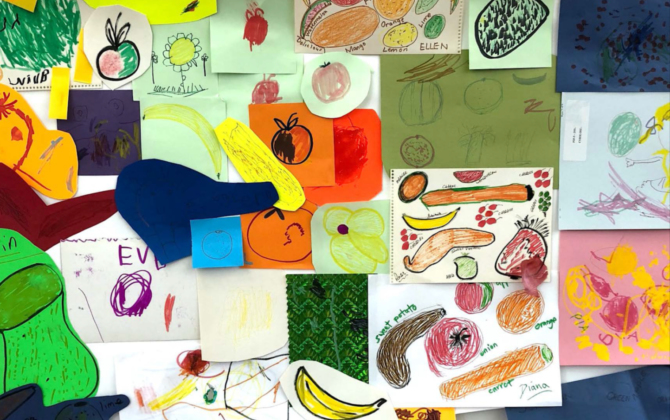Jump to
There is increasing evidence to show that intergenerational interaction is beneficial for older adults and children alike. Higher levels of social engagement in older adults have been associated with better physical and cognitive function and wellbeing. Time spent with older adults has been linked to enhanced social and personal skills in children. However, familial intergenerational interaction is falling despite rising numbers of community-based older adults. In Australia alone approximately 15% of the total population are aged 65 and over, up from 5% in the 1920s and estimated to increase to 22% (8.8 million) in the next 30 – 40 years. Employment and economic factors drive greater geographical mobility of working age adults, resulting in increased separation from older family members with 40% of Australians aged 75 – 84 and 51% of those 85 and over living alone. Recent television series in Australia and the United Kingdom, have raised awareness and enthusiasm for intergenerational activities as an opportunity that could be realised within communities. However, while intergenerational programs are gaining in popularity globally, evidence for best practice in this area remains scarce.
In the INTERACTION trial, we collected data to help us understand whether an intergenerational program (that is bringing older adults and pre-schoolers together to complete purposeful structured activities) helps to reduce frailty in the older adults. We also measured what happens to the children as we think it will help them with things like school readiness.
Our INTERACTION trial builds on our previous pilot work in the Intergenerational Integration Initiative (3i) project.
In our previous work we answered three questions:
- We systematically reviewed the scientific evidence for community-based intergenerational programs and found that this was lacking.
- We asked the public and local community members what they thought about intergenerational programs and found that people are supportive and perceive such programs to be helpful.
- Finally, we ran a successful small pilot program in a Sydney community to test whether such programs were feasible.
Our published work on the 3i project can be found here https://pubmed.ncbi.nlm.nih.gov/33567363/, and here https://www.mdpi.com/2076 – 0760/10/10/374



